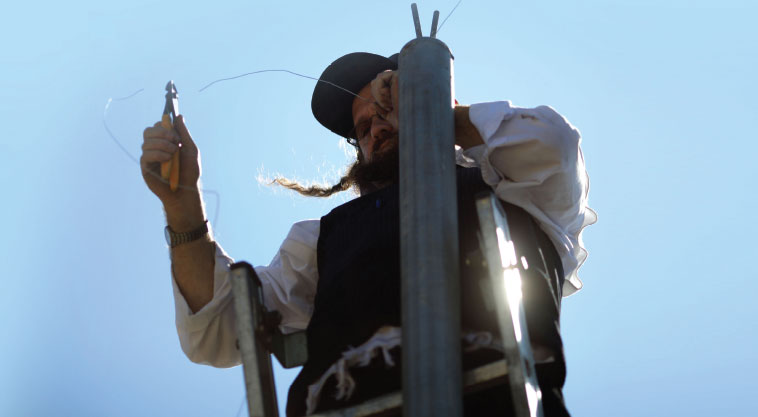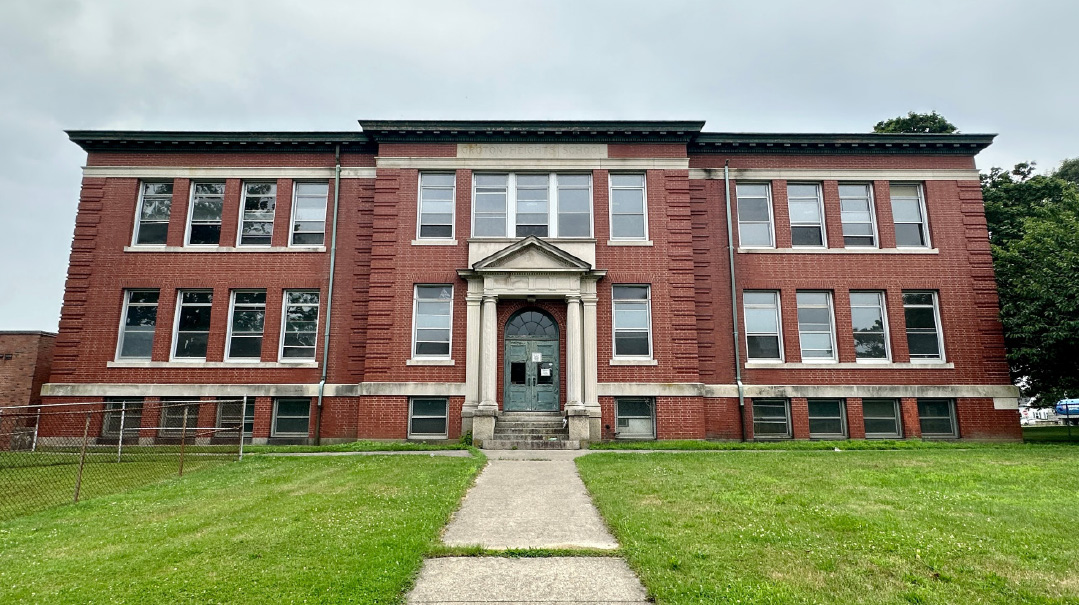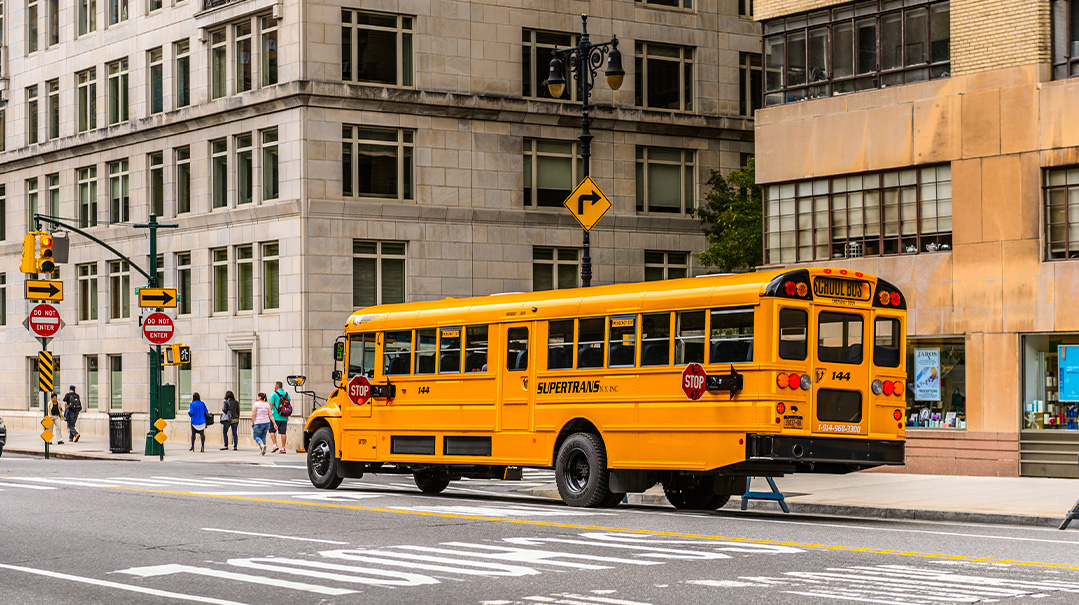Growing Pains

“It’s not really about the eiruv. It’s about not wanting the Orthodox in the community”

An eiruv in Woodbury, New York. A Bais Yaakov in Nanuet, New York. A Chabad house in Towson, Maryland. Without doubt, America’s Orthodox community is growing. But along with that growth and expansion come uncomfortable and sometimes significant growing pains. In these three small communities, local Jews are fighting locals for recognition.
Yehuda Buchweitz is a partner at the prestigious law firm of Weil, Gotshal & Manges LLP and has an impressive list of legal achievements to his credit. But he is also known as the heroic legal defender of eiruvin in the New York–New Jersey area. And, he says, he has never lost a case.
His latest job is representing the Rockland Eruv Association against the Village of Woodbury, where the mayor has proposed a law that would “regulate” the use of eiruvin.
According to the local Times Herald-Record, Mayor Michael Queenan insists that “the law is meant to set rules and a degree of uniformity for eiruvs as they become more common, and to address any potential safety concerns.” He adds that homeowners are likewise required to obtain permits for sheds, decks, and fences. He insists there is no desire to interfere with anyone’s religious rights.
Nonsense, says Buchweitz, who is representing the eiruv association pro bono. “It’s not really about the eiruv. It’s about not wanting the Orthodox in the community.” Buchweitz has already represented the communities of Hampton, Upper Saddle River, Mahwah, Montvale “and a number of others that did not become public” in their legal fights to maintain an eiruv. If necessary, Buchewitz says, the association will take the village to court “and we will probably win.” But first, he says, “we submitted a letter that might convince them to change their minds.”
Mishpacha obtained a copy of the letter, addressed to Mayor Queenan and village officials, which provides a detailed analysis of the proposed law and lists past unsuccessful attempts to halt the construction of eiruvin. “It appears that the proposed local law was drafted with an invidious attempt to target eirvuin, and hence Orthodox Jews, specifically,” Buchweitz writes.
He hopes that Woodbury case can be resolved without costly litigation. “This is America,” he says. “And the Orthodox are free to live wherever they want and to practice their religion as long as they are living and acting within the law. I look forward to the day when people will understand that and I won’t be busy with this anymore.”
A half hour away in Monsey, New York, Rabbi Aaron Fink is dean of Ateres Bais Yaakov, a 300-student girls’ school looking to expand. That being the case, Rabbi Fink purchased a two-acre property in nearby Nanuet and expected to close on the building sometime in January. But Nanuet residents are less than thrilled to have a Bais Yaakov in their neighborhood: A petition opposing the school has been signed by 2,300 residents and a recent town hall meeting turned raucous.
A well-circulated video clip shows Rabbi Fink rising to introduce himself at the town hall meeting and being shouted down almost immediately. “We are not here to buy homes or move in,” Rabbi Fink tries to explain. “We are here to educate our daughters.” But his pleas fell on deaf ears.
“We don’t want you here!” one angry resident shouts out.
To which Rabbi Fink responds, “That was the attitude in Pittsburgh. It doesn’t belong here in Nanuet.”
In an interview with Mishpacha, Rabbi Fink said the property is zoned for use as a church, a bible school, or an office building, and that the sale is legal. “We meet that criteria and there’s no reason it should be turned down.”
He adds, “If they’re smart, they’re not going to do anything that will leave them vulnerable to a lawsuit.”
(Originally featured in Mishpacha, Issue 738)
Oops! We could not locate your form.













